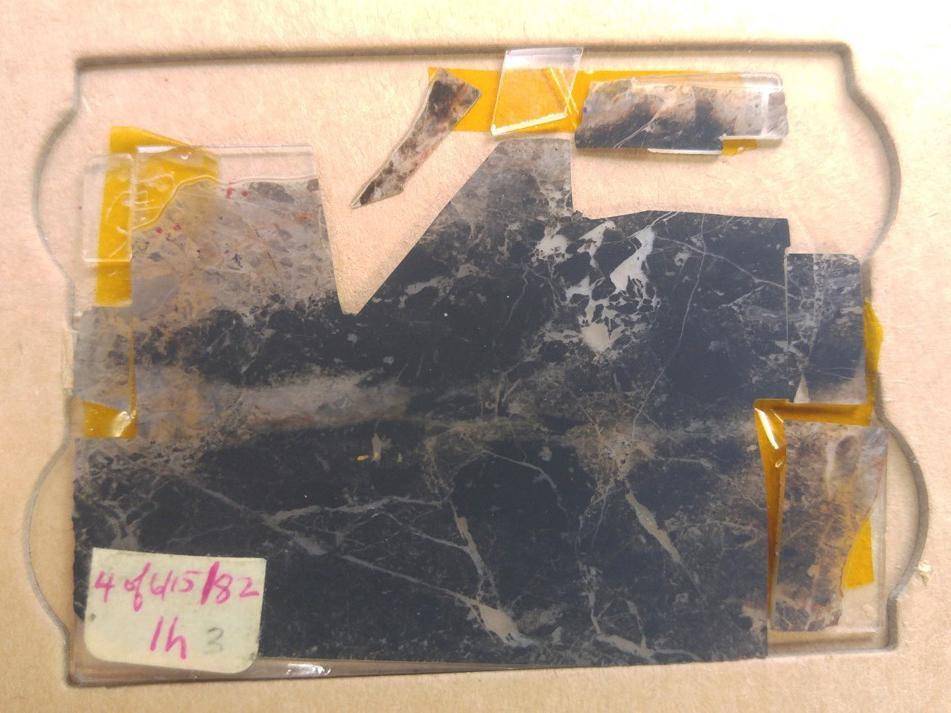@WFS,World Fossil Society,Riffin T Sajeev,Russel T Sajeev
In a nearly 3.5 billion-year-old piece of rock from Western Australia, scientists have identified the oldest life forms ever known.The evidence consists of cylindrical and thread-like shapes thought to be fossilised microbes from the early days of life on Earth.

New analysis has confirmed that a rock taken from a formation in Western Australia contains the oldest fossils ever discovered UW-Madison
The “microfossils” have been known for over two decades, but they have been the subject of considerable controversy within the scientific community.
Now, work led by Professor William Schopf, the palaeobiologist who first described the specimens in 1993, has put the matter to rest.
“I think it’s settled,” said Professor Schopf, who is based at the University of California, Los Angeles.
Together with a team of collaborators, Professor Schopf analysed the carbon composition of the ancient rock to find out the ratios of different carbon isotopes – that is, different types of carbon.
They found the ratios corresponded with the microbe-like structures in the rock.
“The differences in carbon isotope ratios correlate with their shapes,” said Professor John Valley, a researcher at the University of Wisconsin-Madison who co-led the study with Professor Schopf.
“If they’re not biological there is no reason for such a correlation.”
The technique for analysing these tiny fossils took the scientists 10 years to develop, and involves grinding down the original sample to carefully reveal the delicate fossils inside.
Source:News By Josh Gabbatiss Science Correspondent,http://www.independent.co.uk.
Citation: SIMS analyses of the oldest known assemblage of microfossils document their taxon-correlated carbon isotope compositions PNAS 2017 ; published ahead of print December 18, 2017
@WFS,World Fossil Society,Riffin T Sajeev,Russel T Sajeev



 December 19th, 2017
December 19th, 2017  Riffin
Riffin  Posted in
Posted in  Tags:
Tags: 